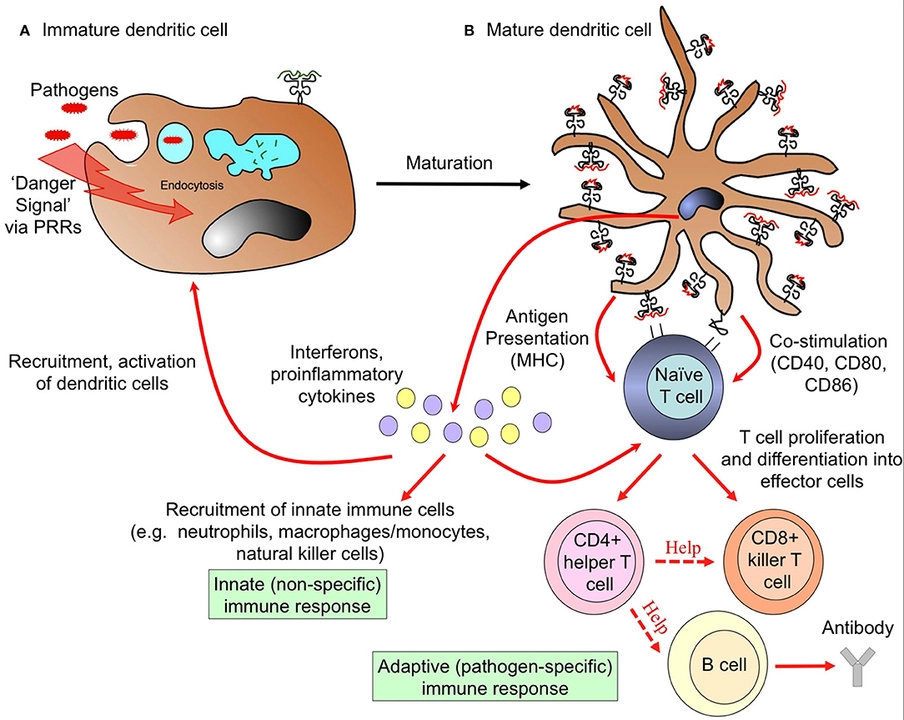Atenolol and Chlorthalidone — what to expect and how to use them safely
Seeing a prescription for atenolol paired with chlorthalidone? That combo is common for lowering blood pressure: atenolol slows your heart rate, chlorthalidone helps your body lose extra salt and water. Here’s a clear, practical rundown so you know how they work, what to watch for, and simple ways to stay safe while taking them.
How these drugs work and typical doses
Atenolol is a beta-blocker. It lowers heart rate and reduces the work your heart does. Common doses run from 25 mg to 100 mg once daily depending on the person. Chlorthalidone is a thiazide-like diuretic; it lowers blood pressure by removing salt and water and keeping blood vessels relaxed. Typical doses are 12.5 mg to 25 mg once daily. Your doctor prescribes the exact dose based on your blood pressure, other conditions, and how you respond.
Side effects, monitoring, and simple tips
Expect some predictable effects. With atenolol you might feel tired, lightheaded, or notice a slower pulse. Chlorthalidone can cause increased urination, low potassium, low sodium, higher blood sugar, and higher uric acid (gout flare risk). Watch for dizziness when standing up — that’s a sign your blood pressure may be dropping too fast.
Get these checks regularly: blood pressure and heart rate, kidney function (creatinine), and blood tests for electrolytes (potassium, sodium). If you have diabetes, monitor blood sugar more closely — both drugs can affect glucose control.
Practical daily tips: take the pills in the morning to avoid nighttime urination, drink enough water (but don’t overdo it), and stand up slowly to reduce dizziness. Avoid NSAIDs like ibuprofen if possible — they can blunt blood-pressure effects. If you use insulin or sulfonylureas for diabetes, be aware that beta-blockers can mask low blood-sugar symptoms like rapid heartbeat.
Don’t stop atenolol suddenly — that can cause rebound high blood pressure or chest pain. If you need to stop, your doctor will usually taper the dose. If you miss a dose, take it as soon as you remember unless it’s almost time for the next dose — then skip and take the next one normally. Never double up.
Call your doctor or seek urgent care if you have fainting, very slow heartbeat (under 50 bpm), chest pain, severe shortness of breath, very high dizziness, signs of severe dehydration (very dark urine, confusion), or sudden muscle weakness or cramps that might signal very low potassium.
Pregnancy and breastfeeding: mention these to your prescriber. Atenolol and diuretics are not first choice in pregnancy. Store both medicines at room temperature and keep a list of all your meds in your wallet or phone for emergencies.
If you want, I can list common drug interactions for your exact medicines or walk through what your lab numbers mean. Want that?
The Impact of Atenolol-Chlorthalidone on Immune System Function
In my recent research, I discovered the significant impact of Atenolol-Chlorthalidone on immune system function. This combination drug is commonly prescribed to manage high blood pressure, but it's important to be aware of its potential effects on our immunity. Studies have shown that Atenolol-Chlorthalidone can suppress the immune response, making it harder for our bodies to fight off infections and illnesses. The drug may also interfere with the production of white blood cells, which are crucial for a healthy immune system. As always, it's important to consult with your doctor before making any changes to your medication and to weigh the potential benefits and risks.
